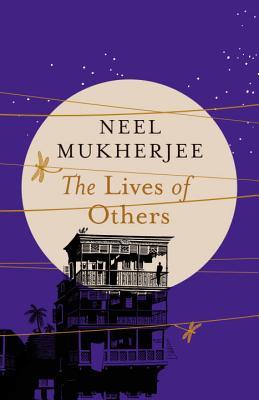The American Lover
by
Story 9 – Smithy
A sensitive and tender tale of the last days of Reginald Smith, a man who through his working life had planted trees along the motorway verges and who now in his 80s is self appointed custodian of Blackthorn End lane.
He takes his daily walk along the lane, enjoying the solitude of the countryside, and picking up the debris of others, their “chocolate wrappers, lager cans, cigarette stubs, plastic bottles and carrier bags. Condoms.” until one day he finds there a fusty smelling ripped purple mattress with “the stench of human dreams”. Its presence appals him.
His sense of civic duty propels him to contact the landowner to remove it but the farmer wants to leave it to the Spring when it will be dry and can be burnt. He feels he alone has to take responsibility for this atrocity “out of affection (for the place) and because he preferred things to be orderly and clean, he tried to keep it litter-free”
A story about duty and responsibility, but also about how at the end things from the beginning come back to one’s mind.
Story 10 BlackBerry Winter
A two layer story which I am beginning to think is quite typical of Tremain. Nearing Christmas Londoner Fran returns to her mother Peggy’s house in the wood complete with happy childhood memories, still cold with little heating and now with her mother incapacitated with a broken arm. As they settle down for a good nights sleep a huge storm rages outside, the power goes off and woodland debris is deposited in Peggy’s garden by the flooding river. Neighbour, Thomas, who would normally have helped out with such heavy work has decided the storm has spoken to him and he is now too old for such activities. This is the “Winter” of the title
The other thread to the story, the “BlackBerry” of the title, is the email conversation between Fran and her married lover David. This storyline also has a storm which is decisive about their future.
ashramblings verdict - I loved the dual structure of Blackberry Winter, in much the same way as I liked the duality in story number 8 “The Housekeeper” . A clever technique.

 The American Lover
The American Lover The voice of this story is that of an unnamed fisherman, owner of the boat the Mary Jane, who fishes off the eastern seaboard out of Yarmouth. Tremain credits Norwich School painter
The voice of this story is that of an unnamed fisherman, owner of the boat the Mary Jane, who fishes off the eastern seaboard out of Yarmouth. Tremain credits Norwich School painter 
